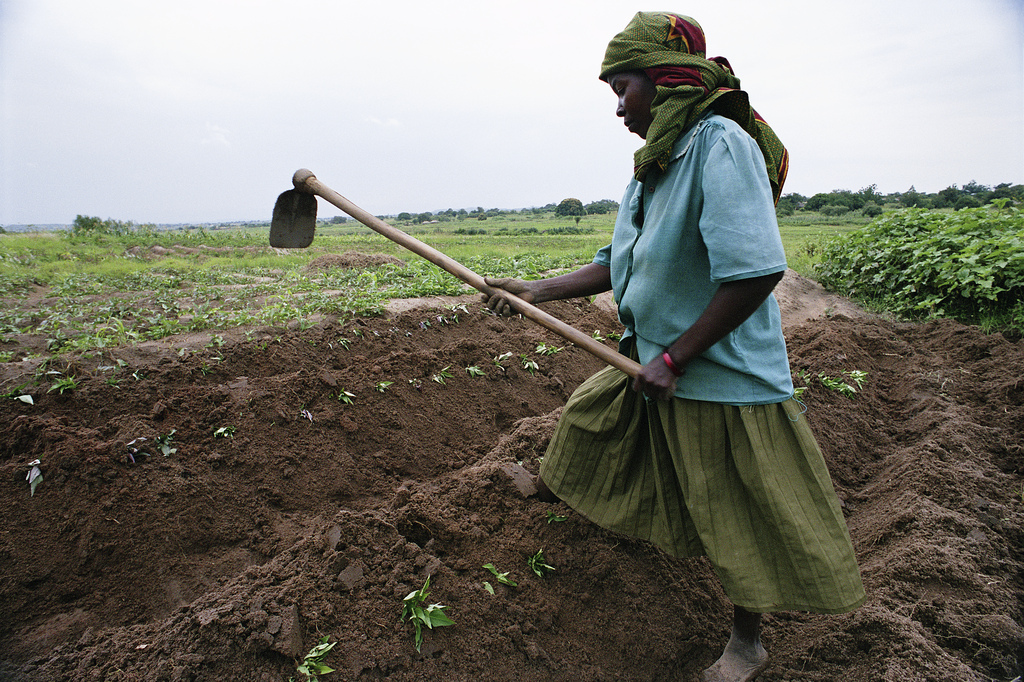Building sustainable water energy food pathways
Achieving clean energy access and food security targets in Sub-Saharan Africa



#EPICAfrica22
Our Objective is Simple & Clear
Over 600 million people in Sub-Saharan Africa (SSA) lack access to electricity and the IEA’s World Energy Outlook 2021 forecasted an increase of the number of people without electricity access by 2% between 2019 and 2021. In addition, access to clean cooking fuels is very low at 17% of the population, with inefficient biomass cooking leading to severe health effects, degradation of land productivity and deforestation . Expanding access to electricity and clean cooking is expected to contribute to meeting many of the UN’s Sustainable Development Goals, including ending hunger, poverty, ensuring quality education, and ensuring access to energy, while promoting economic growth, gender equality, among other goals.
Supporting economic development and self-sufficiency
for countries in SSA that have suffered a major setback due to covid-19
Expanding access to electricity and clean cooking
in areas of Sub-Saharan Africa that don't have access to them
Promoting economic growth, gender equality,
among other goals in the United Nations sustainable development goals
- Optimised geospatial electricity access design considering WEF nexus interactions through CLEWs
- WEF governance via operationalising the concept of Transition Arenas for exploring science-policy interactions
- Seamlessly coupling long-term planning and operational models for iterative robust WEF infrastructure planning, including energy storage.
emphasises the impressive beauty, diversity, and potential of the African continent in its human and natural resource endowments

UN SDG's
What would you love to know?
Explore our products to learn more about your insurance options and in addition receive a quote from us.
?
Over 600 million people in Sub-Saharan Africa (SSA) lack access to electricity and the IEA’s World Energy Outlook 2021 forecasted an increase of the number of people without electricity access by 2% between 2019 and 2021. In addition, access to clean cooking fuels is very low at 17% of the population, with inefficient biomass cooking leading to severe health effects, degradation of land productivity and deforestation . Expanding access to electricity and clean cooking is expected to contribute to meeting many of the UN’s Sustainable Development Goals, including ending hunger, poverty, ensuring quality education, and ensuring access to energy, while promoting economic growth, gender equality, among other goals.
Aiming to fulfil the UN SDG target no 7, there is a need to substantially increase the share of renewable energy, which is abundant on the African continent. However, solar and wind are variable in nature, leading to the need for energy storage to match supply and demand, manage peaks, enable electricity arbitrage and minimise the need for curtailment.
EPIC Africa sets out to support sustainable development in sub- Saharan Africa (SSA)
want to
talk with us?
Leave your details and one of our experts will contact you!

